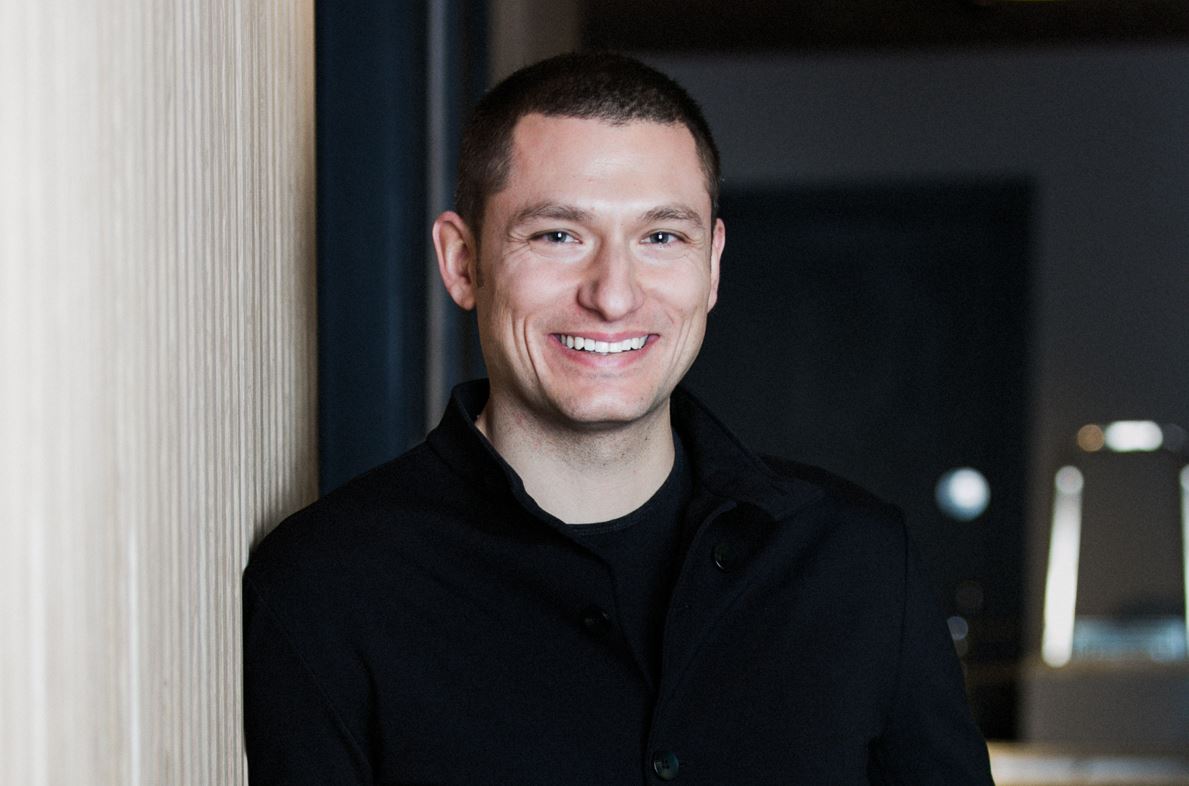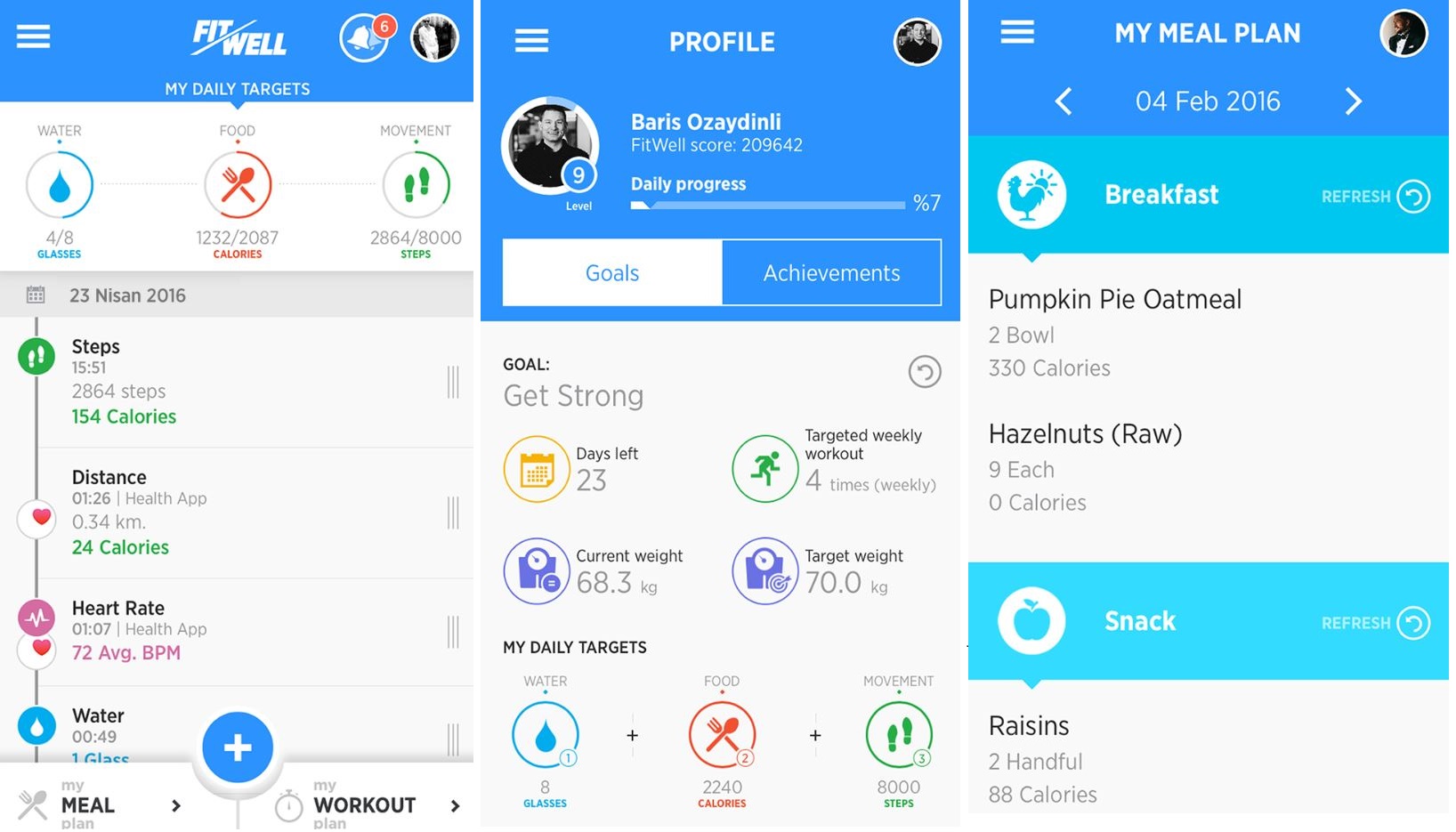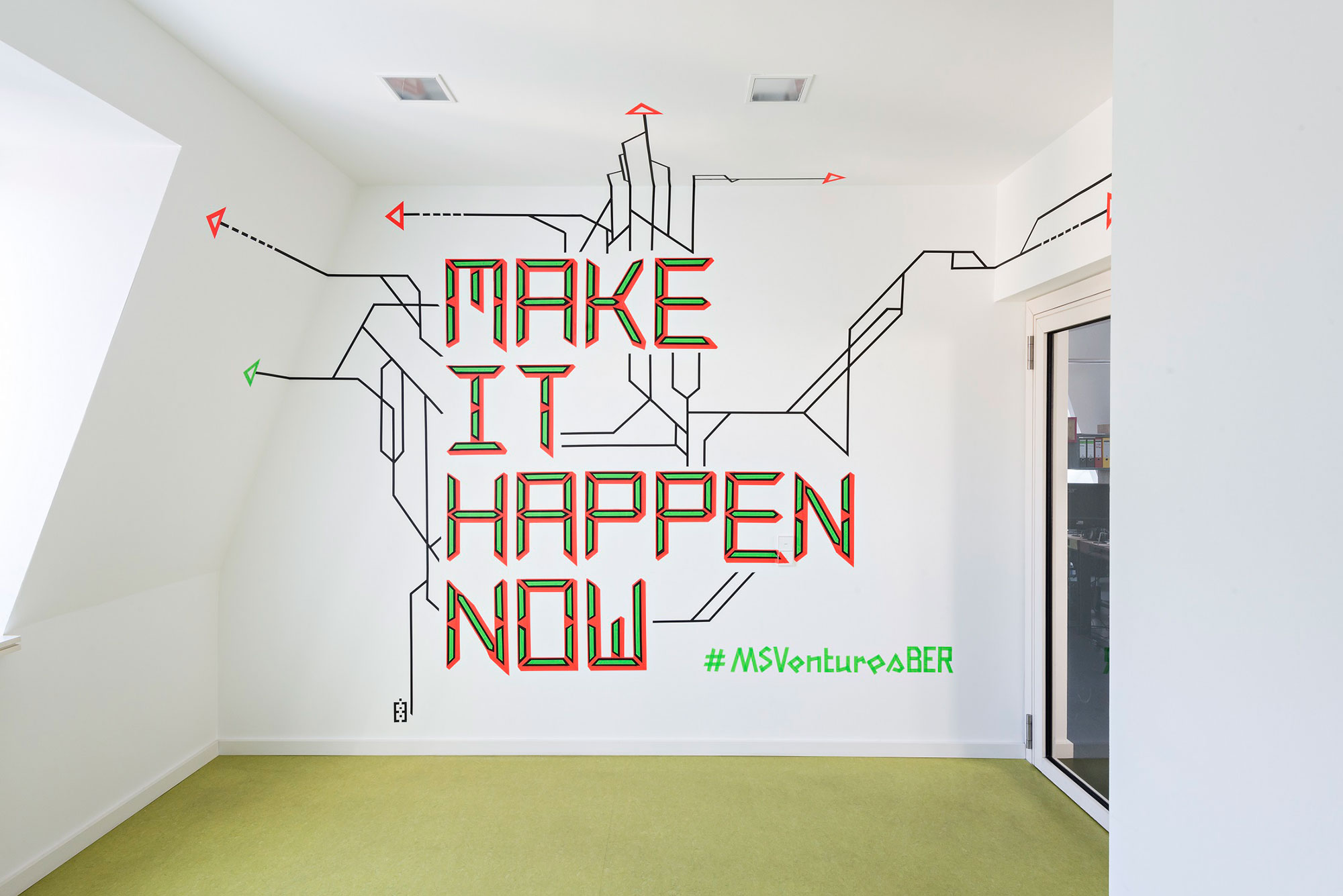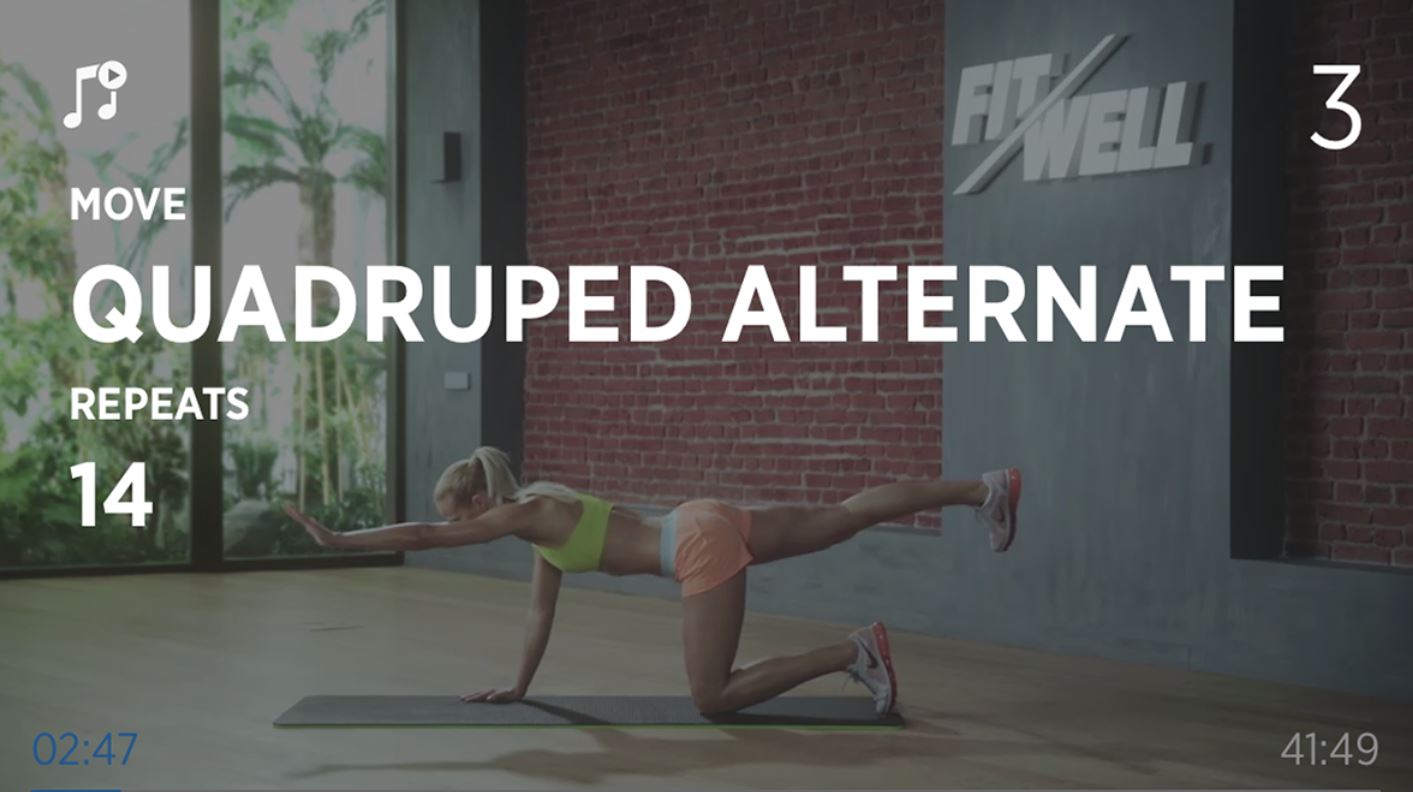Setting up your own business can be painful, both financially and emotionally. The bills, the long hours and the stress can all take their toll on a person’s health.
But for one entrepreneur, starting his company was literally painful.
Baris Ozaydinli developed such serious back and neck pain that he could barely lift his arms. He went to several doctors and tried numerous treatments, but nothing worked: “The doctor gave me some moves to do, which I tried to do at home, but they were difficult to remember.”
He tried going to a gym, but that didn’t work out: “Going to a gym is almost like a donation. It’s like charity. You start going and then after two or three weeks you don’t go.”
His last resort was a personal trainer, which healed his body but hurt his bank balance.
“You pay £60 a session and if you have a few of those every week, it starts to add up. That became very expensive,” says Ozaydinli. “But that was my ‘ah ha’ moment.”
The 39-year-old subsequently set up Fitwell, which launched in 2014 and has support from Microsoft’s Accelerator program for start-ups, to provide affordable fitness training and nutritional services via an app. It’s your own personal trainer, with you 24 hours a day, but for a minimal fee.
The next step is an artificial intelligence bot that fitness fans can interact with, asking it how many calories are in a bowl of cereal, for example, or, potentially, where would be the best place to go for a run.
The use of health apps – such as Microsoft Health – has exploded in recent years, as people with little time to regularly go to a gym use their phones and tablets to stay fit. The number of US consumers who use wearables and mobile apps for managing their health has doubled in the past two years, according to Accenture.
The March 2016 survey revealed that the number of consumers who use mobile health apps increased from 16% in 2014 to 33% today, and the number of consumers who use health wearables increased from 9% to 21% during the same time.
Consumers most frequently use health apps for fitness (cited by 59%) and diet/nutrition (52%)
For example, mothers, who are often juggling work and family responsibilities, use health and fitness apps 12 times more than the average user, according to separate research by Flurry Insights.
Ozaydinli saw the opportunity for an app that was tailored to the individual, whatever their needs, rather than a program that just told you how many calories you had burnt or steps taken.
“I realised billions of people are going through health problems and weight problems, but there is no good mobile solution out there, even though there are some great wearable devices. Nobody is capturing what is necessary.”
Even the NHS is supporting the use of wearables. Professor Sir Bruce Keogh, the service’s medical director, told The Guardian last year that technology will revolutionise how people’s health in monitored.
Technology “enables you to predict things, to act early and to prevent unnecessary admissions, thereby not only taking a load off the NHS but, more importantly, actually keeping somebody safe and feeling good”, he said. “This monitoring will help keep people safe in their own homes rather than just waiting for serious deterioration necessitating an ambulance or GP call, followed by admission to hospital for several days.”
Helping billions of people get healthy is a far cry from Ozaydinli’s childhood in Istanbul, Turkey, where he struggled with his body image.
Baris Ozaydinli, Fitwell founder
“I was a very skinny kid, but I was also sporty. I loved basketball and tennis and skiing, and I was in school teams as well. But I never felt like the cool kid on the beach and that was very frustrating. I was never the strongly-built guy. And I ate junk food. But I had fast metabolism, so even though I was doing lots of exercise, nothing was happening in terms of building muscle.”
He grew up and became a brand manager at Unilever. The work was “fun, because I love marketing”, but the long hours and workload led to more stress and less time for exercise.
He then founded a marketing agency with two friends, called Brand It, which grew quickly – his team of 50-60 people worked with global telecom and consumer brands.
Another venture building high-end computers in Switzerland followed. Despite backing from the government and a successful fundraising drive, the business was a “roller-coaster ride that didn’t work out”, Ozaydinli says.
That’s when, as Ozaydinli puts it, “life caught me offguard”. He became a father and, stressed from work and not used to carrying around travel cots and playing on the floor with his new child, he suffered a severe back spasm and neck injury.
Microsoft Accelerator London, The Pitch, June 2015
He tried to continue working – “during international flights I couldn’t even put my arm on the arm rest” – but eventually realised he had to see someone. Trips to doctors, the gym and a personal trainer followed, which led to the “ah ha” moment.
“I realised that what you eat is the crucial point in getting fit or healthy. Doing workouts is great but you have to do it alongside the right nutrition. I started talking to nutrition experts and performance trainers who are training national sports teams and Olympians. I was trying to create a smart experience that adapted to your progress and told you what to do every day so you can regain your health and achieve your goals.”
Ozaydinli had the basis of his business but lacked the coding and computer development skills to build the app. He was introduced to a team of engineers, who were so impressed with Ozaydinli’s idea that they closed their own company and joined Fitwell full-time. There are now 11 members of the core team, and they can “build anything”, Ozaydinli proudly states.
What they’ve built is a app that is initially free. It takes the user through an assessment and then chooses the most appropriate goal – weight loss, bulking up, toning etc – although this can be changed if you want to focus on another goal.
Meal plans are curated for you, with a focus on calories and macro-nutrients but there are no crash diets, it’s balanced and nutritional – “We do not endorse not eating, we endorse healthy eating,” Ozaydinli says.
Workout regimes are also tailored for the individual, with strengthening exercises used alongside yoga and martial arts moves. You don’t need any gym equipment but Fitwell can factor dumbbells and kettle bells if you have them lying around your house.
The Fitwell app
The workouts are comprised of different moves as well as stretches, so you don’t get injured. But it’s always different, so you won’t get bored. The app progresses with you, so as long as you keep using it, the workouts become more difficult or easier depending on how you are doing.
“My plan will look different from your plan, even if we are on the same plan,” says Ozaydinli. “The difficulty will change but so will the moves, so it won’t be boring for you. People get sick and tired of doing the same things over and over again. With some other apps, it’s like a DVD type of service in which you have the same workout, but Fitwell is not like that.”
Within a week of Fitwell’s launch in October 2014 it was the most popular health app in Turkey – and still is – and topped the country’s download charts. It now has around one million users across the world.
The company has also teamed up with the largest retailer in Turkey to offer people loyalty points on items depending on how well they perform using the Fitwell app. It’s a scheme that has proven very popular, and Ozaydinli hopes to roll it out to other markets, including the UK, in the future.
For now, the next step is launching Fitwell 3.0, with its bot and AI capabilities. To do that has required help from Microsoft and its Accelerator start-up scheme, a global initiative that helps entrepreneurs build great companies. Microsoft runs seven schemes across the world, offering the tools, resources, knowledge and expertise start-ups need to scale their business, bring innovative services to market and reach new customers.
Warwick Hill, Chief Executive-in-Residence at Microsoft Accelerator London, said: “Microsoft Accelerator London empowers entrepreneurs to achieve their goals via a tailored business curriculum combined with curated customer access.”
The Microsoft Accelerator in Berlin
Fitwell was originally a member of BizSpark Plus, a Microsoft initiative that offers start-ups access to training, software and advice. That led to a closer relationship with the Microsoft team in Turkey and a meeting with chief executive Satya Nadella.
“We were one of three start-ups that was introduced to Satya when he visited Ankara, and we just talked about our vision. He’s very charismatic, and was probably the most intelligent guy in the room.”
That led to Ozaydinli applying for Microsoft Accelerator, choosing the London programme as he believed the city was a good global hub. He has embraced the workshops and one-to-one sessions with financial, business and technology experts that Microsoft has arranged.
“The programme makes you think about some things you might not have thought about that will help your company scale and grow and achieve revenue, as well as build a better product. It has helped us a lot,” he says.
The free Azure cloud credit has “been like additional funding”, helping to reduce costs and make the business more efficient. That, and the fact Microsoft takes no equity stakes in the start-ups it helps, makes the whole experience feel like a family, according to Ozaydinli.
“Microsoft’s programme helps to scale businesses, and that was important to us. If we were in another accelerator, I don’t think we would get the same benefits. And because Microsoft doesn’t take a stake in the business, they help you in a more genuine way. We feel more like a team and like a family.
The Fitwell app
“We are also sharing space with other companies, so we are sharing experiences and connections. Usually, being an entrepreneur is lonely and it’s a roller-coaster ride. But here you have 10 other companies going through similar things and we all ask each other for advice. So there is a team dynamic. Normally, you don’t have that outside your company.
“It has been a very good journey for us because we have great mentors that we are very excited to work with, as well as some good connections with engineers and evangelists within Microsoft who are helping us build machine learning and cloud services. That will help us in the next stage of our project, as we establish our company in London.”
After that, Ozaydinli has global ambitions. The UK, US, Turkey and India are Fitwell’s biggest markets, so he wants to push further into North America. The plan is for Fitwell’s headquarters to remain in the UK, with another office in Silicon Valley or Los Angeles.
Fitwell is also actively looking at China, where the use of health and fitness apps has grown 128% in China over the past year, according to Flurry Insights.
For now, Ozaydinli is happy to know more than a million people are getting fit and staying healthy thanks to his app. That’s not a bad start, is it?











